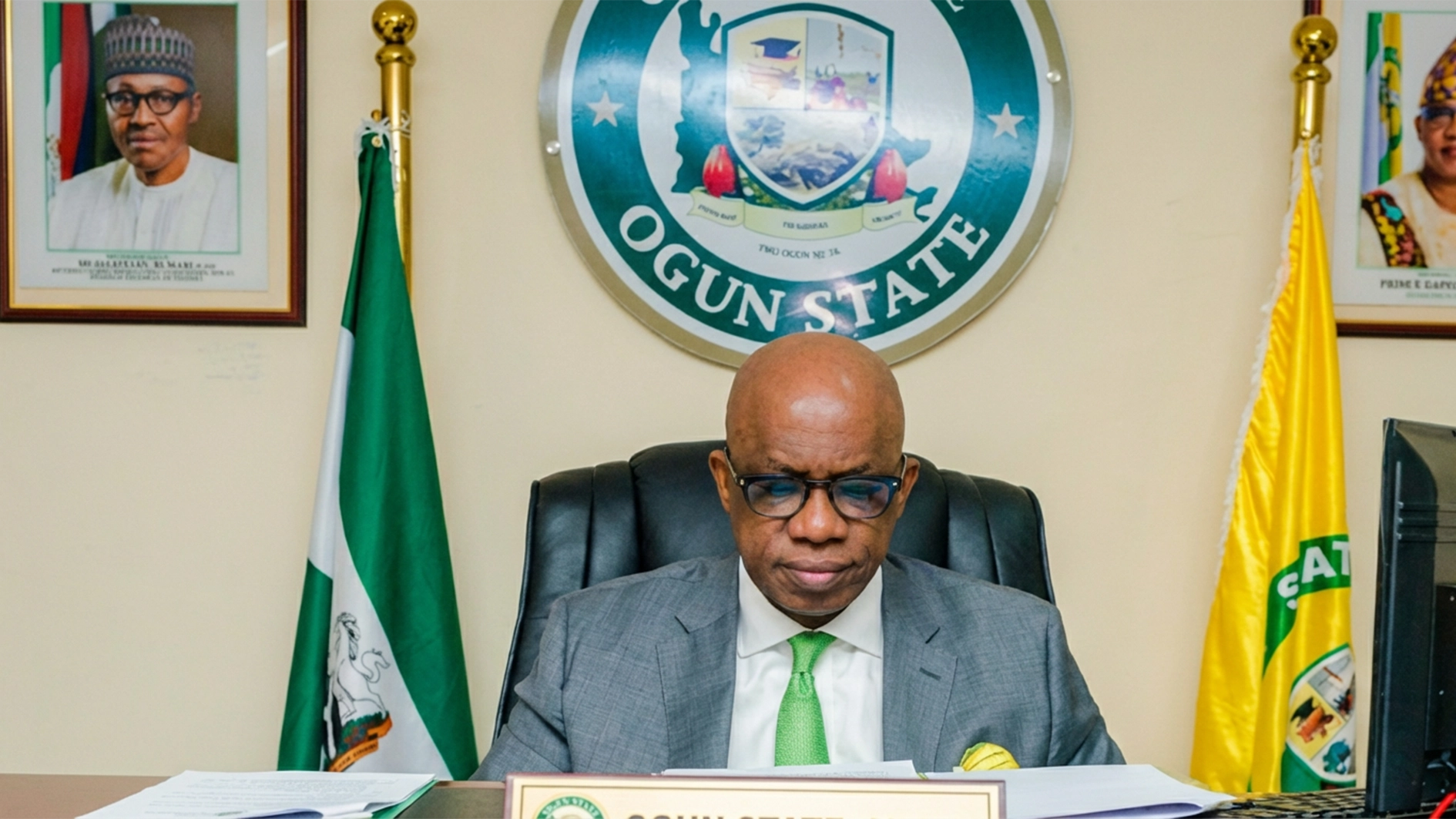The Borno State Governor, Babagana Zulum, at the weekend, flagged off the distribution and sales of 45,000 bags of fertilisers to farmers for the wet season crops and vegetables production.
Accordingly, all other farm inputs were also distributed free to the vulnerable farmers affected in the 16-year Boko Haram insurgency.
Launching the distribution exercise at the Fertiliser Blending Plant, Maiduguri farm centre, Zulum announced that the free farm inputs and fertilisers are for the smallholder farmers and the Internally Displaced Persons (IDPs) returnees in resettled communities, youth, women and the vulnerable groups in the 27 Local Councils of the state.
“I have approved the sales of the fertilisers at a subsidised rate of 50 per cent, a strategic decision to make them affordable, accessible, and impactful. “This decision is anchored on our broader agricultural policy under the second pillar of the 25-Year Development Plan and 10-Year Strategic Transformation Initiative of our administration.”
Explaining that the first component of the event involves the subsidised sale of both wet and dry blended fertilisers, he stated that the wet blend fertilisers, being liquid-based, is less prone to misuse and will be distributed specifically in areas experiencing heightened security threats to farmers.
Continuing, he added, “the dry blend fertilisers, which is granular and more storage-friendly, will be delivered to relatively secured locations in the state. “The distinction is designed not only for agronomic purposes, but for security management to ensure fertilisers are not diverted for unauthorised or dangerous uses, particularly in the production of Improvised Explosive Devices (IEDs) by the insurgents.
Zulum said: “Providing our farmers with fertilisers is, however, critical and essential to restoring livelihoods, enhancing soil fertility, increasing yields, reducing food prices, building household food security to reduce dependency on food aid and importation.
The Governor noted that agriculture remains a pillar of peace and progress, adding, “food security is also a national security for its citizens.” Beyond the subsidisation of farm inputs, he said the administration will stop at nothing to empower farmers, protect their communities and revive the local economy through what he described as the transformative power of agriculture to tackle poverty and unemployment in the state.
The governor, therefore, warned the farmers against the diversion of the fertilisers, emphasising that doing so will attract grave security risks. He noted that this is a threat that must be addressed with seriousness it deserves.
“Henceforth, all fertilisers will be strictly tracked by batch, source and destination,” he said, as well as the distribution to sensitive areas would be restricted to wet blends only. Proxy purchases are, therefore, prohibited, as every recipient must be verified.
He also tasked community leaders and traditional institutions to strongly oversee and ensure transparency in their localities, including the border communities with Niger, Chad and Cameroon.
The Commissioner for Agriculture and Natural Resources, Bawu Musami, expressed commitment of the state government to growing its own food, empowering people, and rebuilding its economy through agriculture.
He said the support provided to 12,000 farmers have yielded results of over N3b income in Baga and Monguno local council areas. Musami noted that this was despite the early ceasing of rainfall in October.






